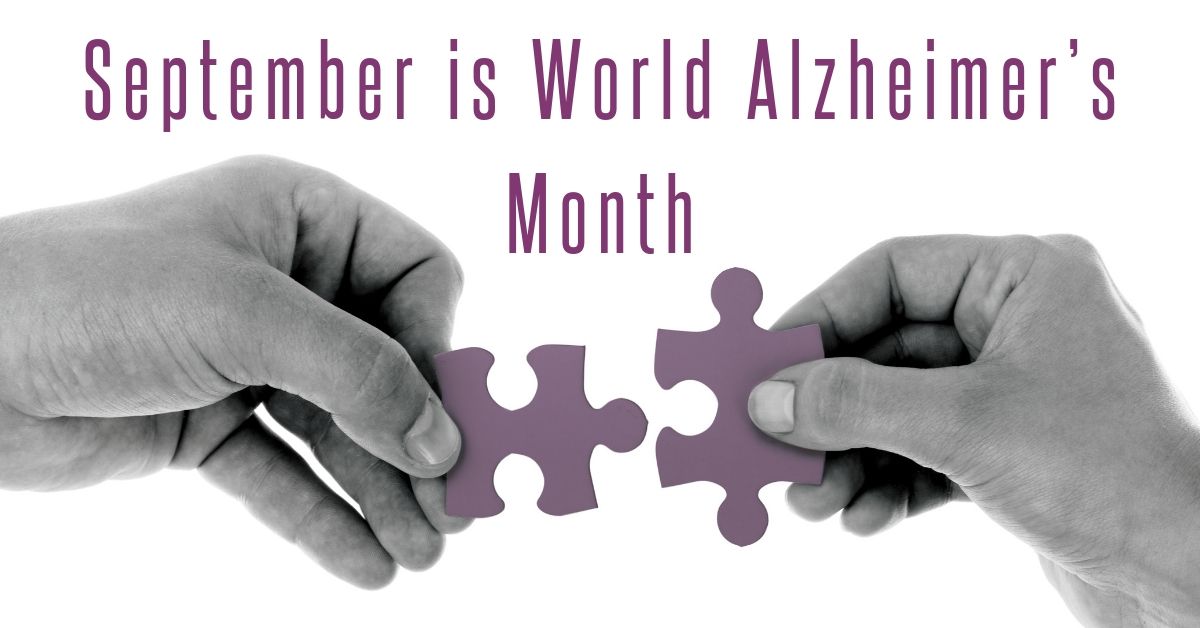
Consider the last time you had a long conversation. How did it go for you? Were you able to speak clearly and believe that the other person understood what you were saying? Were you able to understand the other person and get a good sense of what they intended to say? In one sense, we will never know exactly what is in the mind of another person; the only way to get a picture of what they are thinking is through the use of language. Some language is quite precise, while other language can be abstract and difficult to nail down. However, the human species is remarkably adept at using language to share ideas and come to agreement about the meanings of things. Although there are certainly instances of miscommunication, we tend to be able to get across what we mean and to share and understanding of events with other people.
Although human beings are very good at communicating, even abstract concepts, this communication tends to rely on human speech. Of course, written language and body language are other ways to communicate meaning from one person to another, but audible speech is one of the primary ways to communicating ideas. For this reason, it may come as no surprise that speech is closely tied to cognition.
What happens when cognition breaks down? Alzheimer’s disease and other forms of dementia are some profound instances of cognitive decline, fragmenting and confusing the link between language and meaning. Memory is tied to these functions as well, and we are not able to jump into the mind of a person with dementia to understand how the memory can become distorted as it does. For these reasons, September has been named World Alzheimer’s Month. Without the ability to witness the thinking of a person with Alzheimer’s disease first-hand, research is necessary to try to understand that link. Increased funding and support for Alzheimer’s research will only come as the public becomes newly sensitized to the ubiquity and seriousness of the condition.
A Link Between Hearing Loss and Dementia
One of the newly understood facets of Alzheimer’s disease and other forms of dementia comes from just this sort of research. Dr. Frank Lin and his team of researchers at John’s Hopkins University have engaged in a series of studies to investigate the link between dementia, including Alzheimer’s, and hearing loss. Although it may come as a surprise, they have found again and again that there is a strong relationship between the two conditions. Those who have hearing loss are more likely to develop dementia, and they are also more likely to have a fast decline in their cognitive functioning once dementia has set in.
How and why is there a connection between dementia and hearing loss? Perhaps the answer lies in that essential process of communication, including the use of audible speech. When a person with hearing loss engages in a conversation, rather than complete sentences or words, the audible profile presents seemingly random syllables and sounds. Rather than having the easy process of stringing together words into meanings, this jumble of sounds presents itself to the mind as a puzzle, and the clock is ticking in person-to-person conversation. The difficulties the mind encounters to solve the conversational puzzle may spread to other cognitive contexts, as well, explaining one of the possible connections between hearing loss and dementia.
More research is necessary to understand the inner workings of the relationship between hearing and cognition. A recent study by a French team of scholars discovered that those who wore hearing aids were no more likely to develop dementia than those who did not have hearing loss at all. Remarkable! With this information in hand, it is more important than ever to advocate for research into the connection between hearing loss and dementia, and World Alzheimer’s Month is an excellent opportunity to raise awareness of this growing field of study.
Hearing Aid Associates
This month is also a perfect opportunity to encourage your loved ones with hearing loss to seek help, beginning with scheduling a hearing exam with our team at Hearing Aid Associates. The benefits of hearing aids extend beyond the ease of life and social enjoyment; they may even be beneficial for preventing the onset of Alzheimer’s disease.

Having a Good Time at Weddings With Hearing Loss
Matthew Favinger, M.S., F-AAA

Accessorizing and Customizing Your Hearing Aids
Matthew Favinger, M.S., F-AAA

